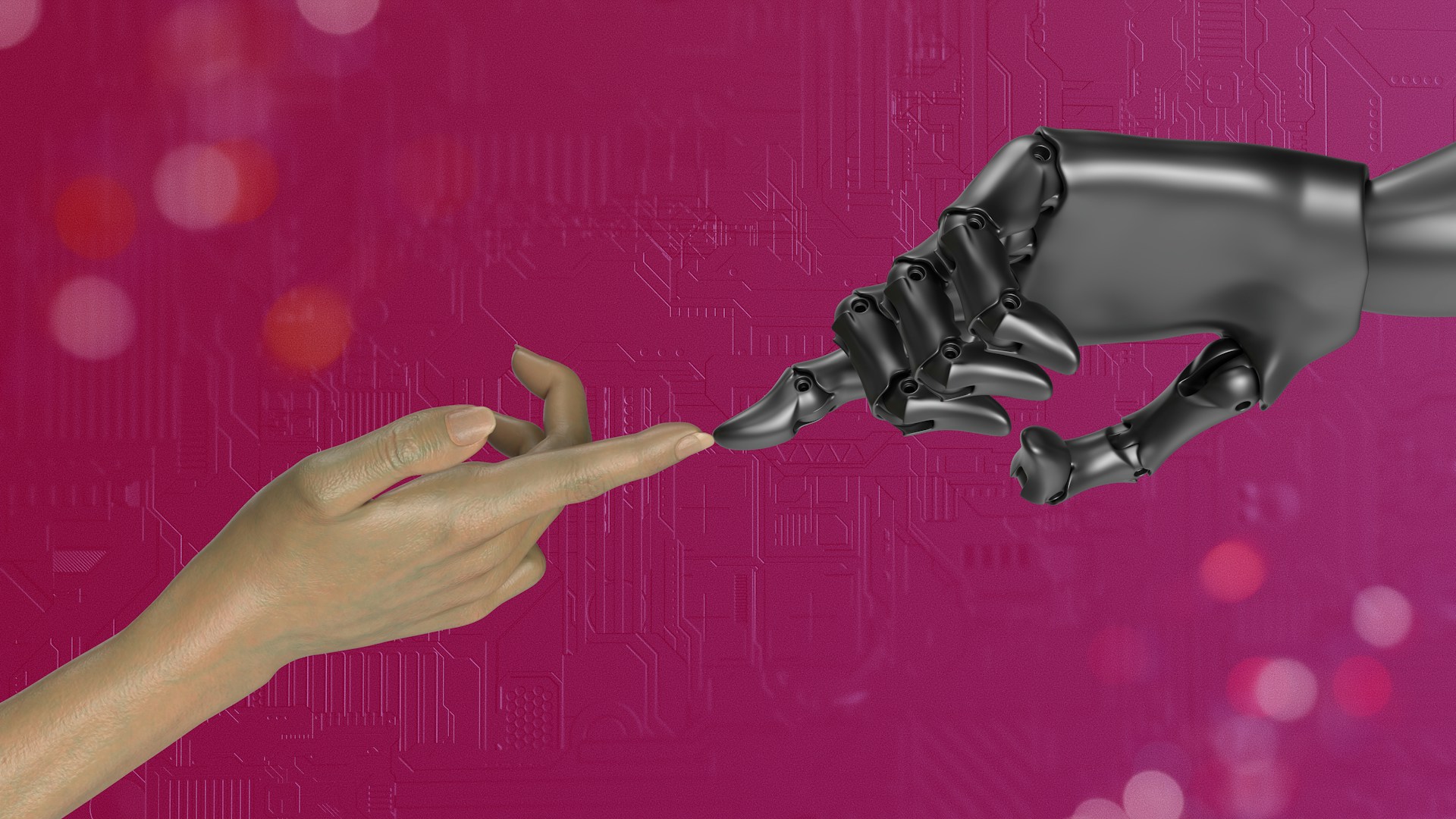If the early 2000s were Africa’s telecoms moment, then this decade could be its AI infrastructure revolution—a leap that determines who builds, owns, and benefits from the next era of global intelligence.
Olubayo Adekanmbi, CEO of Data Science Nigeria (DSN), captures this shift succinctly: “We are in the era of AI, and the construct of AI is bigger than anything we’ve had before because AI is a catalytic enabler, embedded in every category, from health to education, fintech to agriculture.”
Yet, Adekanmbi argues that Africa’s participation in this revolution cannot be through the mere consumption of Western-built tools like ChatGPT. Instead, it must be through localisation, contextualisation, and ownership, building AI systems that understand African realities and run on African soil.
For example, today, the world’s leading LLMs are built around a handful of global languages, limiting access and relevance for billions of people whose linguistic and cultural diversity remains underrepresented online. As cited in GSMA’s AI for Africa report series, in Africa alone, more than 2,000 languages are spoken, yet only a fraction are supported in digital systems or AI models. This lack of inclusion risks widening existing digital and economic divides.
Building sovereign, local AI
The call for localised AI isn’t just philosophical. It’s practical. Across industries, companies increasingly rely on cloud-based AI assistants, but many fear that sensitive data is being shared with third-party systems abroad. DSN’s solution to this is UpGPT, a model that mirrors ChatGPT’s inference capabilities but runs offline or on-premise.
“Ownership is power,” Adekanmbi insists. “Infrastructure ownership makes you a leader. We’ve seen what happened in oil and gas, we exported raw materials and imported refined products. We can’t make the same mistake with AI.”
UpGPT, designed under DSN’s EqualizeAI initiative, allows organisations to deploy generative AI systems that work without internet connectivity and can be trained on local data. In practice, this means a health center in a remote village can use AI to diagnose symptoms or access medical information without ever sending data to the cloud. It’s AI sovereignty in action — local data, local processing, local benefit.
AI for the last mile
For Adekanmbi, scaling AI infrastructure is about impact, proving that intelligent systems can serve the two billion people globally who remain unconnected to the internet. “We scale through results,” he says. “When rural doctors, salespeople, or farmers begin to see the benefits of AI that works offline and in their own language, adoption follows naturally.”
The vision recalls the mobile revolution two decades ago. Just as telecom operators built out networks to connect millions previously cut off from communication, Adekanmbi envisions a future where affordable, decentralised AI systems reach the last mile. “Remember how mobile phones once cost hundreds of dollars?” he asks. “Today, you can get one for $20. The same trajectory will happen with AI devices.”
The resourceful route
Alex Tsado, founder of Alliance4AI, agrees that Africa’s opportunity lies not in replicating Western AI strategies, but in innovating within its own constraints. “The U.S. is spending $500 billion to build AI data centers and GPUs,” he says. “Africa simply cannot follow that model. But we’re incredibly resourceful. We can build low-cost, low-resource AI that works in spaces with limited power or connectivity.”
Tsado, who previously led AI product management at Nvidia, emphasises that Africa’s strategy should focus on “applied intelligence” rather than chasing “superintelligence.” He believes vision-based AI applications, like automating document processing in government offices or using AI to interpret X-rays in rural clinics, can transform millions of lives at a fraction of the cost.
In partnership with DSN, Alliance4AI has helped deploy Hoodoo Technologies, Africa’s first local GPU data center in Lagos’ Lekki Free Zone. The facility provides affordable access to AI computing power for startups, researchers, and developers, a crucial step in addressing the continent’s “compute gap.”
From collaboration to sovereignty
Africa’s AI journey, Tsado says, has been uniquely collaborative since 2017. Initiatives like Masakhane, Deep Learning Indaba, and Data Science Nigeria have fostered communities of researchers and practitioners working together across borders. “When Stanford first published its global AI report, Africa was a dark spot,” Tsado recalls. “We created Alliance4AI so the world could see what was happening here, and it worked.”
But collaboration is only the first step. True sovereignty, both leaders argue, depends on infrastructure — the data centers, GPUs, and localised systems that enable Africans to build and deploy their own models. Without that foundation, Africa risks becoming merely a user base in a world where AI defines economic and political power.
Equalising opportunity
Ultimately, both Adekanmbi and Tsado converge on one point that AI’s promise is equality, if it is built inclusively.
“Success for us,” says Adekanmbi, “is that no one is left behind. When a woman in the village can ask an ATM a question in her local dialect, when healthcare workers can access AI guidance offline, when every child can learn in their own language, then AI has truly equalised opportunity.”
In a continent often described in terms of deficits—of power, of internet access, of infrastructure—the AI revolution could become Africa’s greatest equaliser yet. Not by copying global models, but by building its own, grounded in context, powered by local talent, and designed to serve every corner of society.









